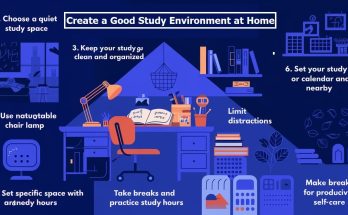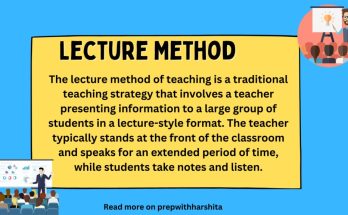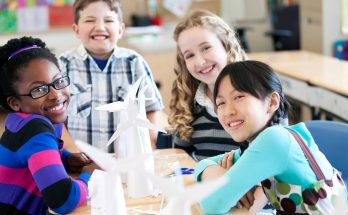Learning is often associated with formal settings—classrooms, textbooks, training programs, and structured curricula. But some of the most profound and enduring lessons come not from lectures or exams, but from the everyday experiences that shape how we think, act, and grow. These moments, often overlooked or undervalued, offer rich opportunities for reflection, insight, and development. When we begin to recognize the educational potential embedded in daily life, we unlock a more holistic and sustainable approach to learning—one that complements formal education and enhances our ability to adapt, lead, and innovate.
Everyday experiences are inherently contextual. They occur in real time, under real conditions, and often involve real consequences. This immediacy makes them powerful learning tools. Unlike theoretical scenarios, daily interactions require us to respond, adjust, and make decisions with limited information and shifting variables. A manager navigating a difficult conversation with a team member learns not just about communication, but about empathy, timing, and emotional intelligence. These lessons are rarely captured in a textbook, yet they are critical to effective leadership and collaboration.
The value of learning from everyday experiences lies in its relevance. Because these lessons are grounded in our actual lives, they tend to stick. We remember the feeling of solving a problem under pressure, the insight gained from a failed attempt, or the shift in perspective after a meaningful conversation. These experiences shape our judgment and inform our future choices. A student juggling coursework and part-time work might learn more about time management, prioritization, and resilience than any productivity seminar could offer. The learning is personal, immediate, and deeply integrated into their sense of self.
Reflection is what transforms experience into learning. Without taking time to process what happened, why it mattered, and how it could inform future behavior, experiences risk becoming fleeting moments rather than lasting lessons. Building a habit of reflection—whether through journaling, conversation, or quiet contemplation—helps us extract meaning from the mundane. A professional who regularly reviews their day might notice patterns in how they handle stress, communicate with colleagues, or make decisions. These insights become the foundation for intentional growth and continuous improvement.
Learning from everyday experiences also fosters adaptability. In a world that changes rapidly, the ability to learn on the fly is invaluable. Formal education provides a foundation, but it’s the day-to-day challenges that test and refine our skills. When we treat each experience as a learning opportunity, we become more agile thinkers. We’re better equipped to pivot, experiment, and respond to new demands. A business owner navigating market shifts might learn more from customer feedback, operational hiccups, and team dynamics than from any strategic plan. These lessons, earned through experience, build resilience and resourcefulness.
Importantly, everyday learning is inclusive. It’s accessible to everyone, regardless of background, education level, or professional status. It democratizes growth by recognizing that valuable insights can come from any context. A barista managing a busy café learns about logistics, customer service, and team coordination. A parent balancing household responsibilities develops skills in negotiation, planning, and emotional regulation. These experiences, though informal, contribute meaningfully to personal and professional development. They remind us that learning is not confined to institutions—it’s embedded in life itself.
In business, recognizing the value of everyday learning can transform organizational culture. Companies that encourage reflection, experimentation, and peer-to-peer learning create environments where growth is continuous and organic. When employees are empowered to learn from their experiences, they become more engaged, innovative, and accountable. A team that debriefs after a project, discussing what worked and what didn’t, builds collective intelligence and strengthens collaboration. These practices don’t require formal training—they require a mindset that values learning as an everyday act.
Technology can support this kind of learning, but it must be used intentionally. Digital tools can help capture insights, facilitate reflection, and connect learners across contexts. However, the essence of everyday learning lies in human experience. It’s in the conversation that sparks a new idea, the mistake that reveals a blind spot, or the routine task that teaches patience. Technology should enhance—not replace—the richness of these moments. A professional using a digital journal to track lessons learned from client interactions is leveraging tech to deepen reflection, not to automate it.
Ultimately, the value of learning from everyday experiences is that it makes growth a natural part of life. It shifts the focus from formal achievement to continuous development. It encourages us to stay curious, to reflect often, and to see each moment as a chance to learn something new. This mindset doesn’t just make us better students or professionals—it makes us more thoughtful, adaptable, and engaged individuals. In a world that rewards agility and insight, the ability to learn from life itself is not just a skill—it’s a strategic advantage. And when we embrace that, every day becomes a classroom, and every experience a lesson worth learning.




